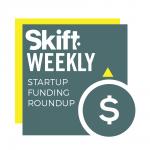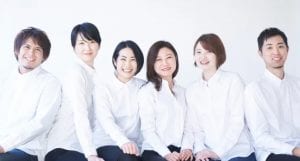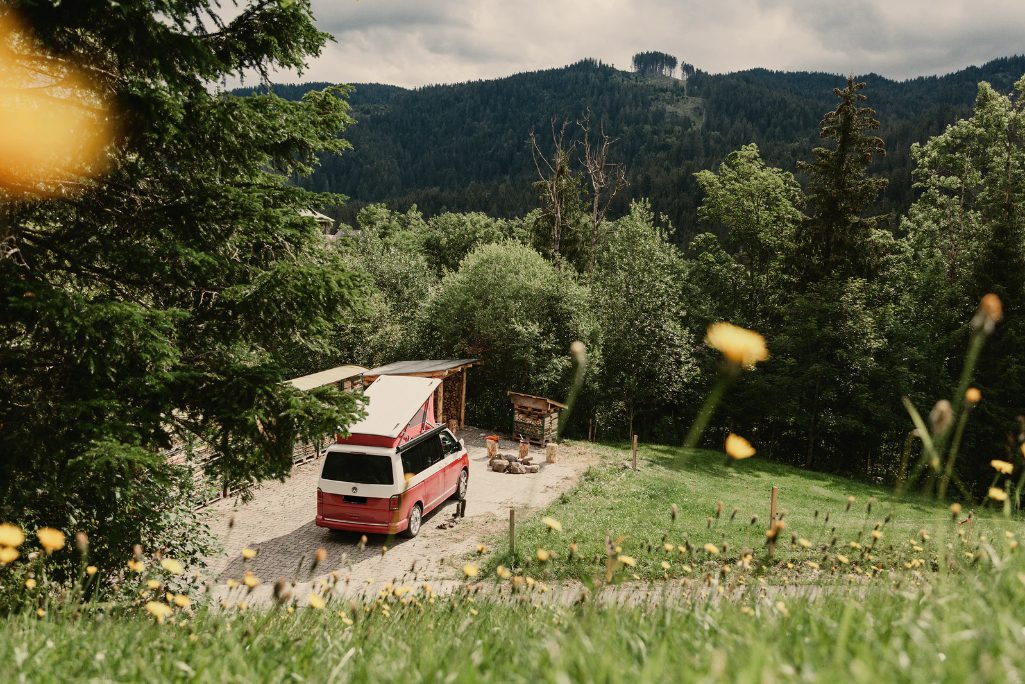Skift Take
The pandemic has paradoxically catalyzed many travel startups. Swiss startup Nomady has seen growth by offering outdoor camping to domestic Swiss travelers. Meanwhile, Tokyo-based Cuicin has helped hotels with contactless check-in.

Travel Startup Funding This Week
Each week we round up travel startups that have recently received or announced funding. Please email Travel Tech Reporter Justin Dawes at [email protected] if you have funding news.
>>Nomady, a Swiss booking service for traditional and non-traditional campsites, has finalized an undisclosed round of seed investment.
Financial filings suggest the company has raised about $140,000 ($125,000 Swiss franc). Investors include the Innovation Foundation of the Schwyzer Kantonalbank.
Based in Einsiedeln, Switzerland, the camping service has been connecting nature lovers with campsites on farms and other places for two years. More than 130 hosts have provided more than 14,000 overnight stays so far. Swiss Mountain Aid, which helps farmers’ families make a living from the land, has helped get the word out.
Founders Oliver Huber and Paolo De Caro are aiming for a vision of authentic and sustainable tourism. The duo appeared on the entrepreneurial TV show “Höhle der Löwen Schweiz” (“The Lions’ Cave”). André Lüthi, president of the Globetrotter Group, is one of a few angel investors.
Since the pandemic began, trip-planning startups such as Hipcamp, Outdoorsy, The Dyrt, Pitchup, Cabana, PaulCamper, Camptoo, GoBoony, ShareACamper, and Yescapa have claimed spikes in search and booking volumes for their outdoor recreation services.
Last month, Hipcamp raised $57 million for campsite bookings. Last year, PaulCamper, a Berlin-based online booking service for booking recreational vehicles, closed a $7.8 million (€7 million) Series A round led by Adevinta, a global online classifieds company.

Key leaders of the Tokyo-based travel tech startup Cuicin. CEO Shintaro Tsuji is on the far right. Source: Cuicin
>>Cuicin, a hospitality tech startup based in Tokyo, has raised a seed round of about $560,000 (60 million yen).
CAC led the investment round. The startup has raised about $950,000 to date.
Cuicin has built software called “aiPass” as a basic property management system for hotels and other accommodation providers. It makes tech such as contactless check-in as a signature feature during the pandemic.
Skift Cheat Sheet:
We define a startup as a company formed to test and build a repeatable and scalable business model. Few companies meet that definition. The rare ones that do often attract venture capital. Their funding rounds come in waves.
Seed capital is money used to start a business, often led by angel investors and friends or family.
Series A financing is typically drawn from venture capitalists. The round aims to help a startup’s founders make sure that their product is something that customers truly want to buy.
Series B financing is mainly about venture capitalist firms helping a company grow faster. These fundraising rounds can assist in recruiting skilled workers and developing cost-effective marketing.
Series C financing is ordinarily about helping a company expand, such as through acquisitions. In addition to VCs, hedge funds, investment banks, and private equity firms often participate.
Series D, E and beyond These mainly mature businesses and the funding round may help a company prepare to go public or be acquired. A variety of types of private investors might participate.
The Daily Newsletter
Our daily coverage of the global travel industry. Written by editors and analysts from across Skift’s brands.
Have a confidential tip for Skift? Get in touch
Tags: funding, startups, switzerland, vcroundup
Photo credit: A camping site at a farm in Switzerland that's bookable via the startup Nomady. Nomady
